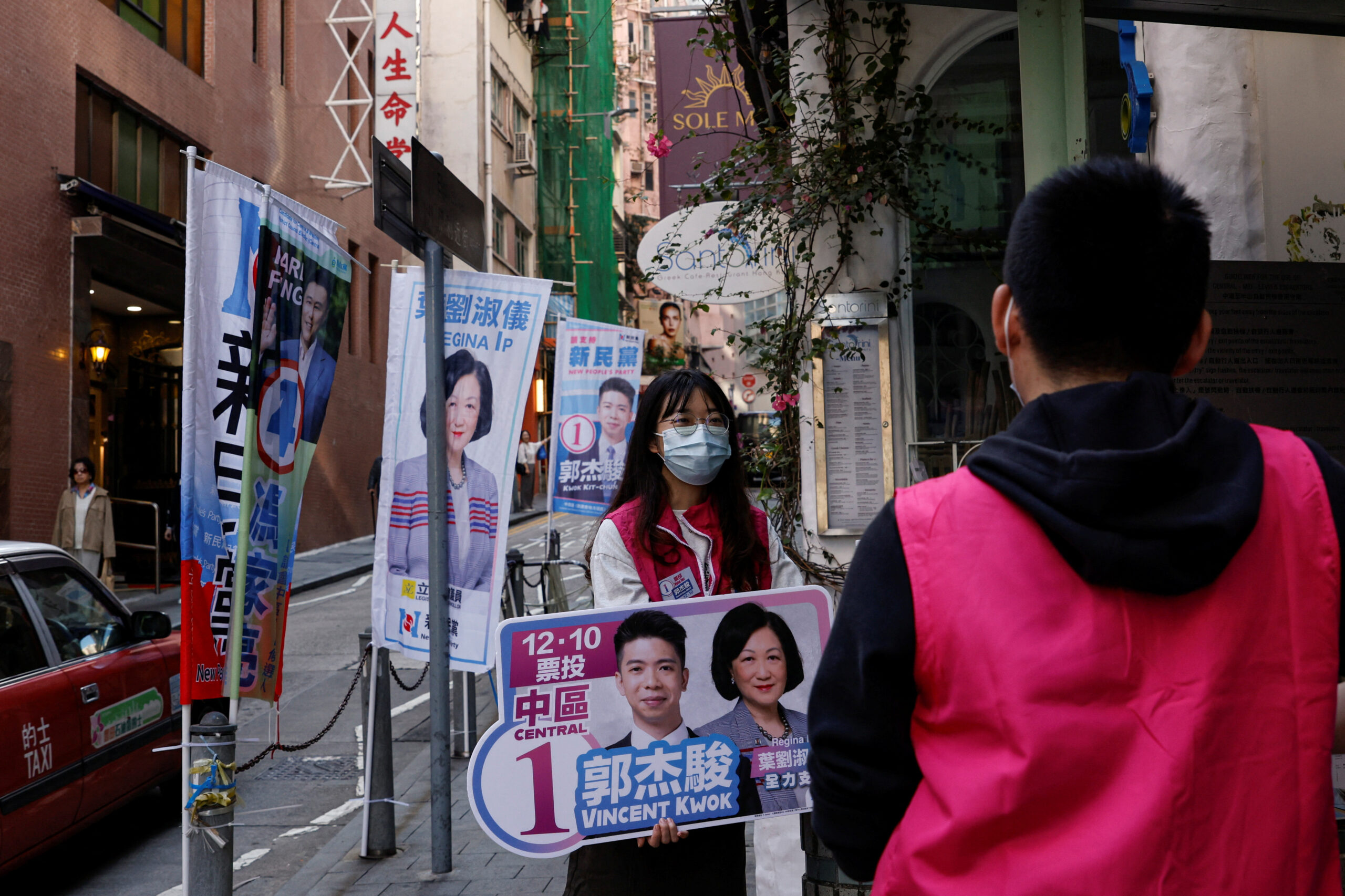Longevity, influence and the social media trap: Who do we trust with our health?
In a world where six-pack abs are flaunted more than six-point health plans, who are we really trusting […]

On Sunday, residents of Hong Kong once again demonstrated their resistance to China’s recent overhaul of the city’s electoral system, which mandates that only “patriots” loyal to Beijing can hold office. The district council elections, which excluded opposition candidates from participating, recorded the lowest voter turnout in decades, with less than 27.5% of eligible voters casting their ballots.
This marked the lowest participation rate in the polls since the handover of the former British colony to Beijing in 1997, despite extensive efforts by the government to encourage voting. In 2019, these same elections witnessed a historic turnout of 71% fuelled by months of anti-government protests, resulting in a significant victory for the pro-democracy camp. However, the recent electoral overhaul has effectively barred Hong Kong democrats from running for office.
The reform includes an 80% reduction in directly elected district council seats to 88 out of 470, mandatory national security screening for all candidates, and the requirement to secure nominations from government-appointed committees.
John Lee, Hong Kong’s leader, referred to the elections as “the last piece of the puzzle to implement the principles of patriots governing Hong Kong.” He asserted that district councils would no longer serve as platforms for opposing the government but rather focus on maintaining national security.
Despite the hyper-local nature of district council seats, which traditionally handle issues like bus routes and garbage collection, they became a de facto protest referendum in 2019 due to their direct election. The recent overhaul has transformed the city’s more powerful legislature, ensuring it is dominated by “patriots.”
Critics argue that the electoral changes, coupled with the imposition of a national security law in 2020, are part of broader efforts by China’s Communist Party to reshape Hong Kong following the mass protests in 2019. The national security law has been accused of stifling political opposition and curtailing freedoms.
Many voters were discouraged by the lack of political diversity in the ballot, as candidates were essentially chosen by the government. Efforts by authorities to mobilize voters through campaigns and events, including an outdoor concert and free museum visits, largely failed.
As the low turnout became evident, campaigners issued “urgent appeals” on social media, and the government extended voting by 90 minutes due to an “electronic poll register system failure.” Despite official statements denying a link between the extension and low turnout, candidates seized the opportunity to make final appeals to voters.

In a world where six-pack abs are flaunted more than six-point health plans, who are we really trusting […]

In the era of social media, post-COVID, and with mental health at the forefront, a shift is taking […]